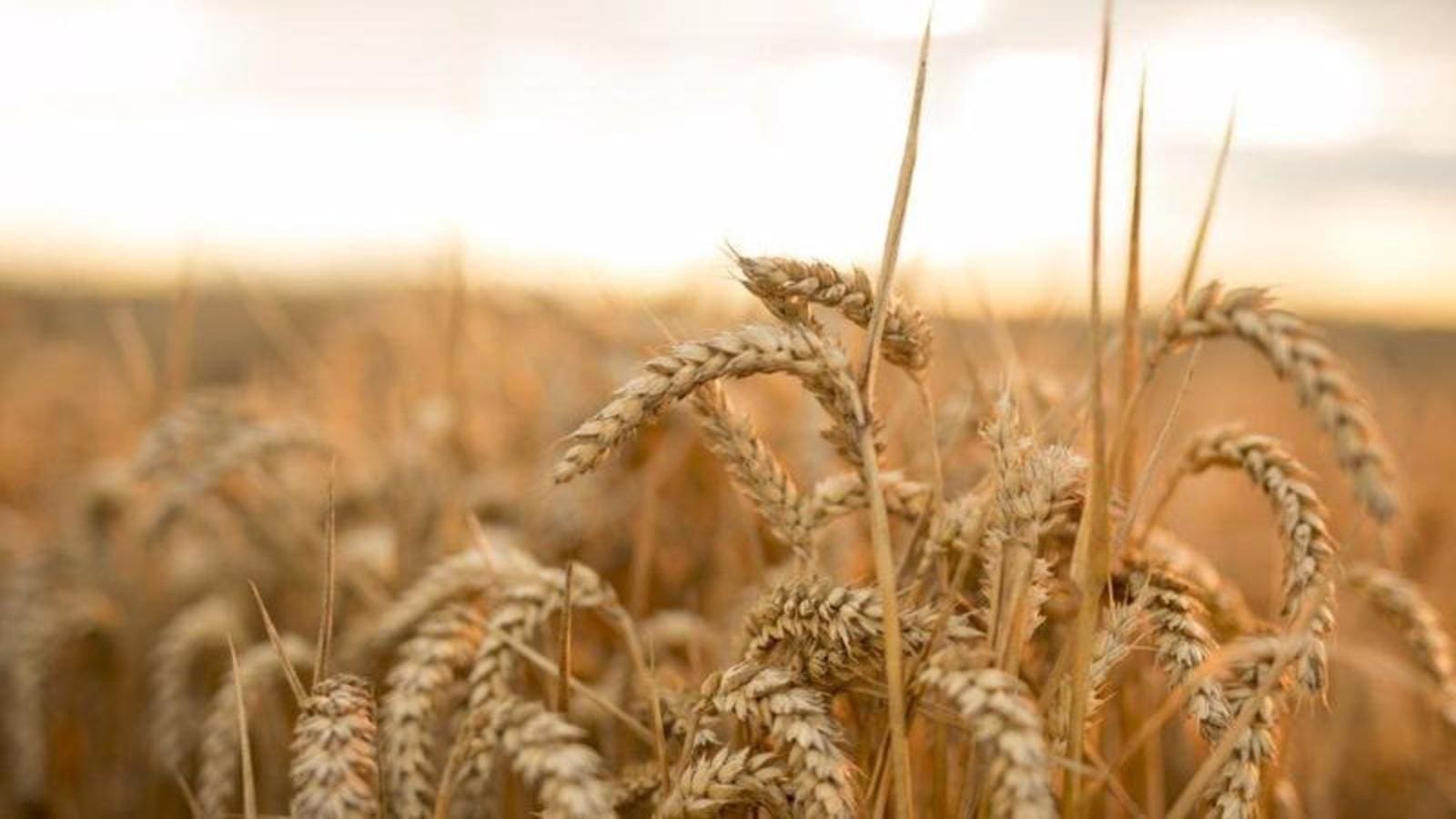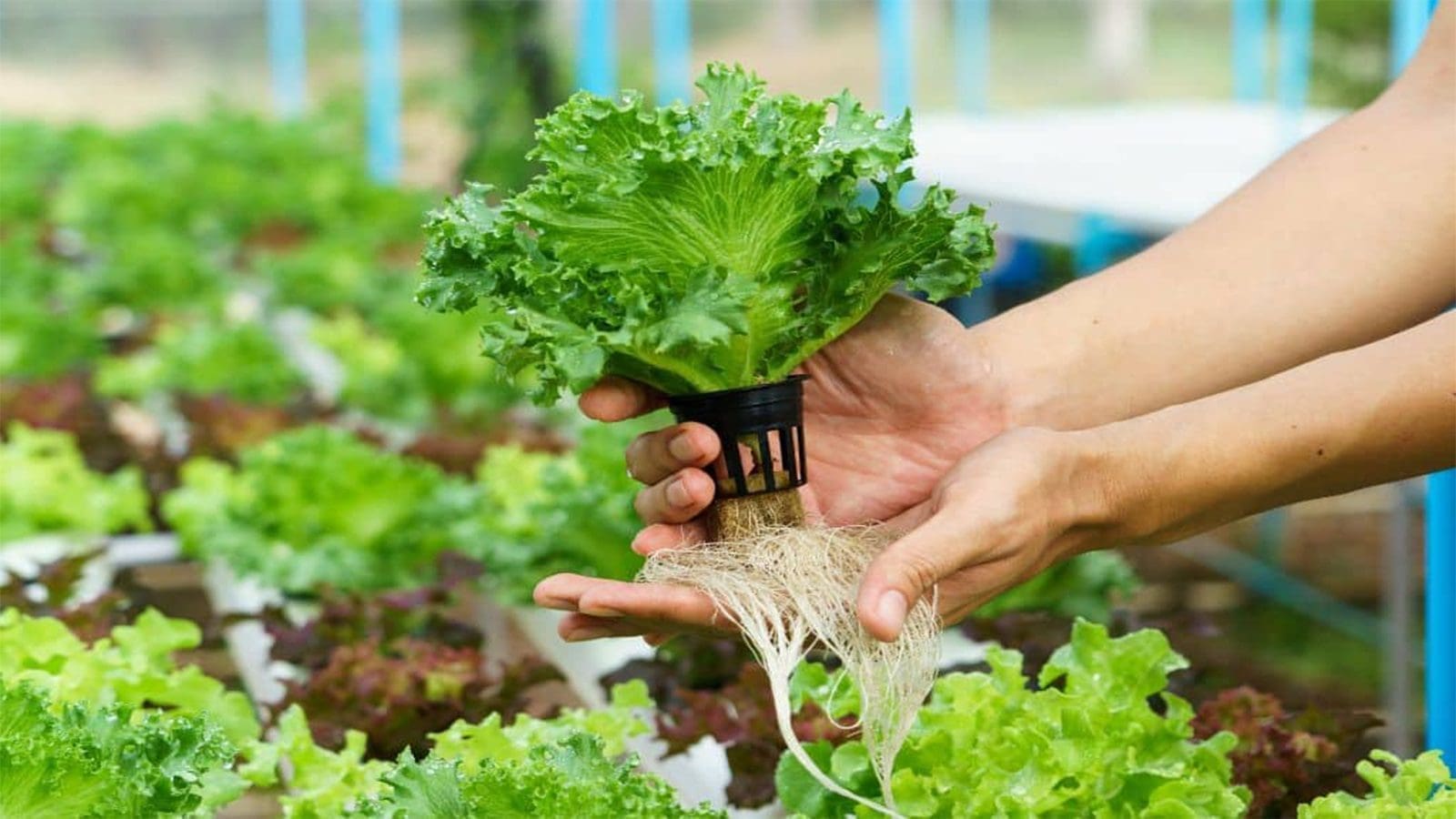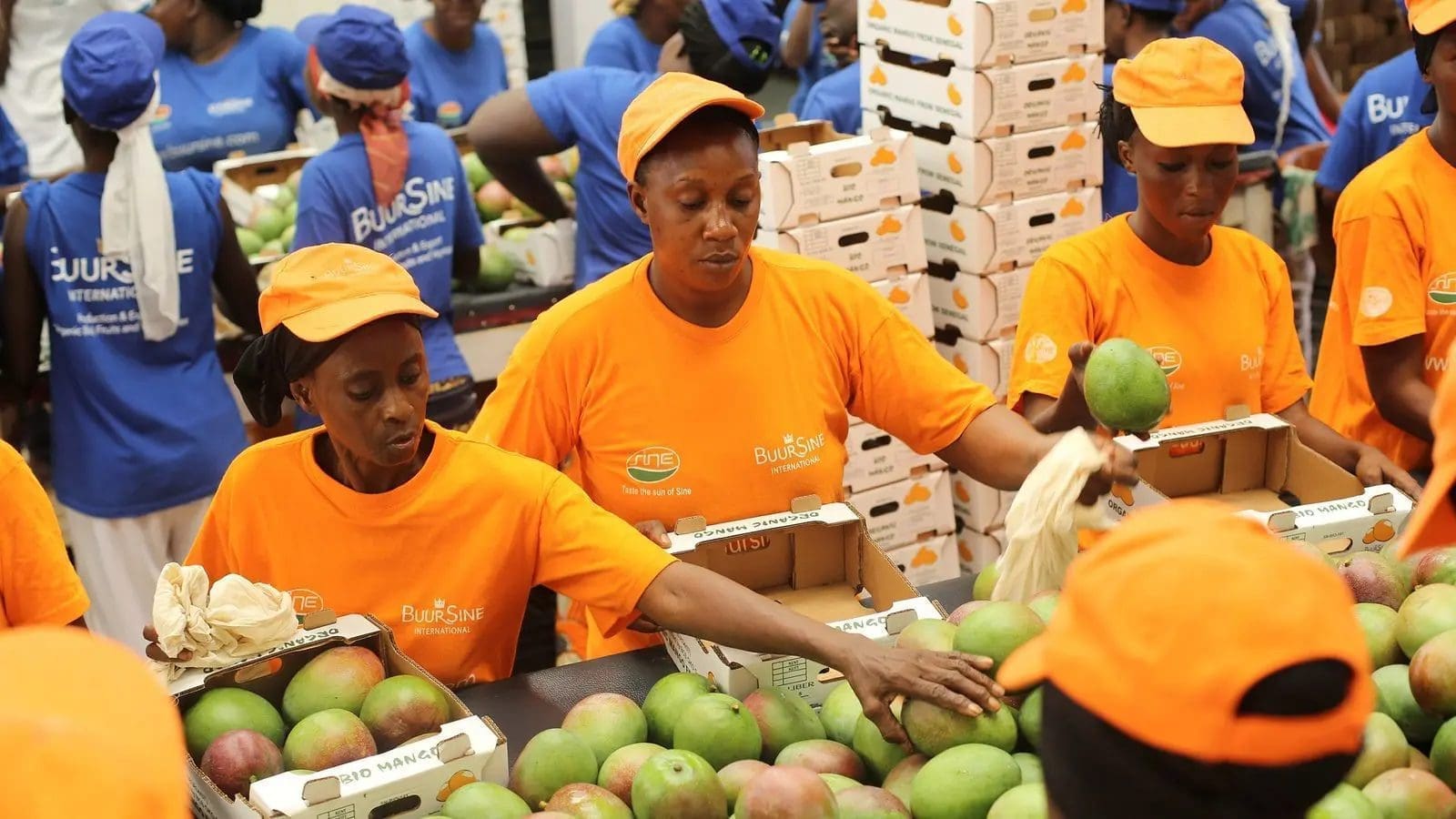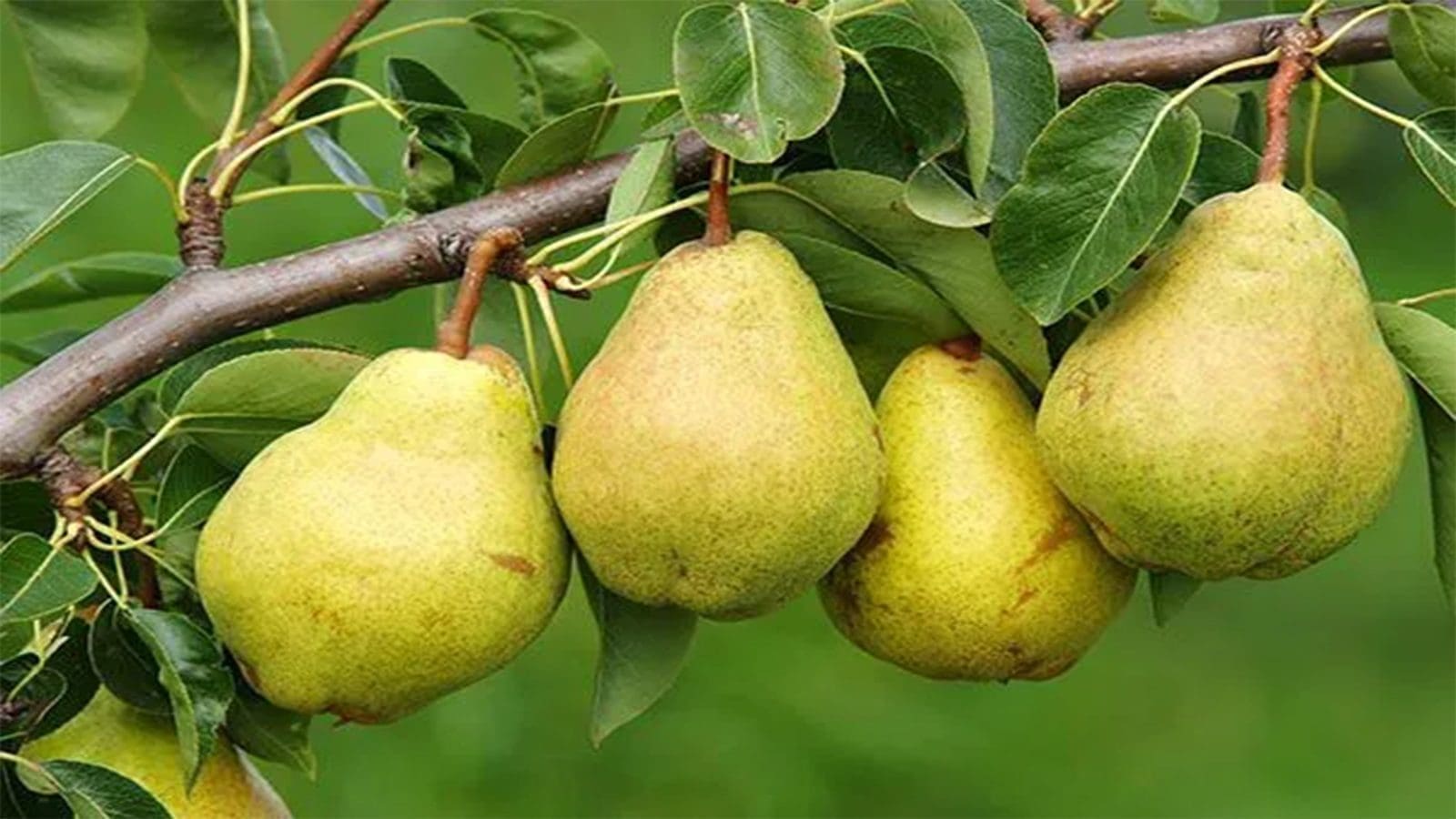U.S – The U.S. Food and Drug Administration (FDA) has concluded its evaluation of the Bioceres Crop Solutions Corp proprietary drought-tolerant HB4 Wheat.
Bioceres, a provider of crop productivity solutions, has revealed that upon review of all the safety and regulatory information submitted, the FDA has concluded that it has no further questions regarding the safety of HB4 Wheat, and that it does not raise issues that would require premarket review or approval by FDA.
“The conclusion of this voluntary consultation program is a key step towards commercial enablement in the United States, which is awaiting approval from the U.S. Department of Agriculture (USDA),” says Bioceres.
According to the company, the United States is the fifth largest wheat producer, with an average of 15 million hectares planted every year, and the third largest exporter, holding a key position in the global wheat trade.
The FDA’s decision comes hot on the tail of recent endorsements by Brazil, Colombia, Australia, and New Zealand for use in food and feed.
HB4 Wheat is commercially authorized for production and consumption in Argentina, where five varieties have been cleared for registration in the current crop season. Argentina granted this approval in October 2020, making it the first country to do so.
Bioceres claims that HB4 drought-tolerance technology has been shown to increase wheat yields by an average of 20% in water-limited conditions, a key adaptation that favors double-cropping systems, where water management is increasingly critical.
“Under no-till practices, HB4 Soy-Wheat rotations result in an estimated 1,650 kg of carbon fixed into the soil per hectare per year, compared to positive emissions from conventional soy monoculture,” the company says.
Drought-tolerant HB4 Wheat is a patented seed technology developed by Trigall Genetics, Bioceres’ joint venture with Florimond Desprez, a global leader in wheat genetics.
Since 2009, field trials of HB4 Wheat have been underway, and since 2013 Bioceres and Florimond Desprez have invested aggressively in breeding and Phase II regulatory activities.
In addition to mitigating production losses during drought conditions, HB4 also facilitates double cropping, which seasonally rotates soy and wheat, an environmentally friendly farming system that is otherwise limited by water availability.
When combined with soil regenerative practices, such as no-till farming, a share cropping system made possible by HB4 seeds captures more carbon than conventional growing practices.
HB4 is integrated with top-selling wheat germplasms and branded as EcoWheat, which combines other Bioceres biotechnologies, such as Rizoderma, a biofungicide, among other health and growth promoting microorganisms contained in the company’s integrated seed products.
Liked this article? Subscribe to Food Safety Africa News, our regular email newsletters with the latest news insights from Africa and the World’s food safety, quality and compliance. SUBSCRIBE HERE








